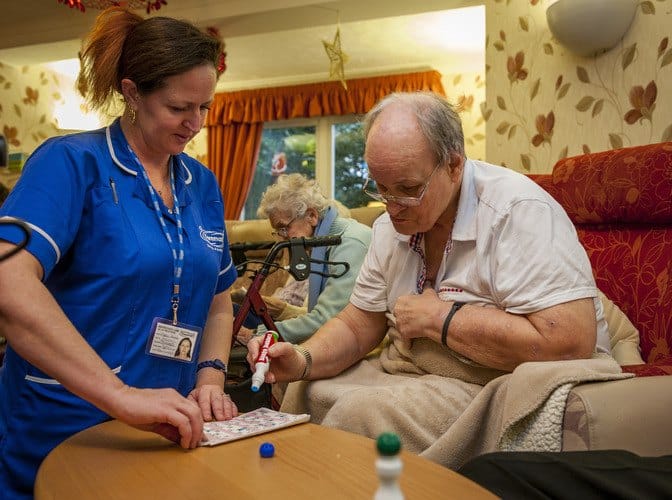New CQC report celebrates benefits of Care at Home

The report highlights how the right community support can improve outcomes for people with a learning disability, a mental health need and autism.
The regulator’s Home for Good report celebrates examples of successful community support provided to people with complex needs.
CQC deputy chief inspector for people with a learning disability and autistic people, Debbie Ivanova said: “Our Home for Good report demonstrates that people can and do lead fulfilling lives in their own homes when they are given the right support. We need to raise our expectations of what can be achieved and only accept care that meets the needs and aspirations of people with a learning disability and or autistic people. This would help remove the misconception of inpatient care being viewed as the only answer for some people.
“Providers have shown that the complex process of finding the right homes and the right support for people with a learning disability and autistic people can be overcome by involving multiple agencies working in partnership with the people being supported and their families. The most important factor is the person at the heart of it all – they must be listened to.
“By hearing directly from people with learning disabilities or autism, we are learning new ways to improve support, deliver lasting change and empower people to have a good quality of life.”
The report includes eight stories of people who have previously been placed in hospital settings, often called Assessment and Treatment Units, who are now thriving in community services across England.
These stories describe how people’s lives have changed when they are given the opportunity to live in their own home, with a supportive staff team where they can exercise choice, independence and control alongside real participation in the community.
Although there is no single model of care and support that explains why some community support works better than others the eight stories have common threads.
In its key findings, the report states:
• Services should be designed around each individual’s needs and ambitions. They should be truly person centred.
• People shouldn’t be kept in large campus style accommodation they should live in homes fit for their life. This is the case even when they have been in hospital for long periods. People being around other distressed people can make people’s trauma worse.
• Good quality housing provision needs to be expanded. This might mean specially building property, or considerable adaption of an existing property.
• Providers need to better collaborate with clinical and health professionals, and community teams, including occupational and speech and language therapists. This must happen during service planning and once a service commences.
• Family involvement in all aspects of service planning and delivery (where the person wants this) increases the chance of a good outcome. This usually involves creating support close to the person’s family home.
• People shouldn’t be labelled as having ‘challenging behaviour’ – which includes self-harm and physical or verbal aggression – this should be understood as communication of distress or need. This understanding often comes through a formal adoption of the Positive Behaviour Support approach.
For details of social care services that Caremark offer please visit our website.